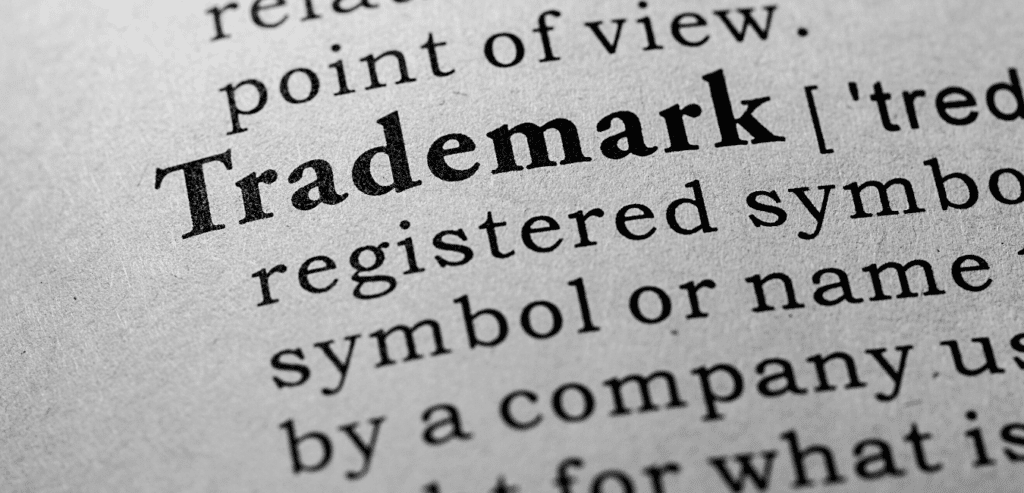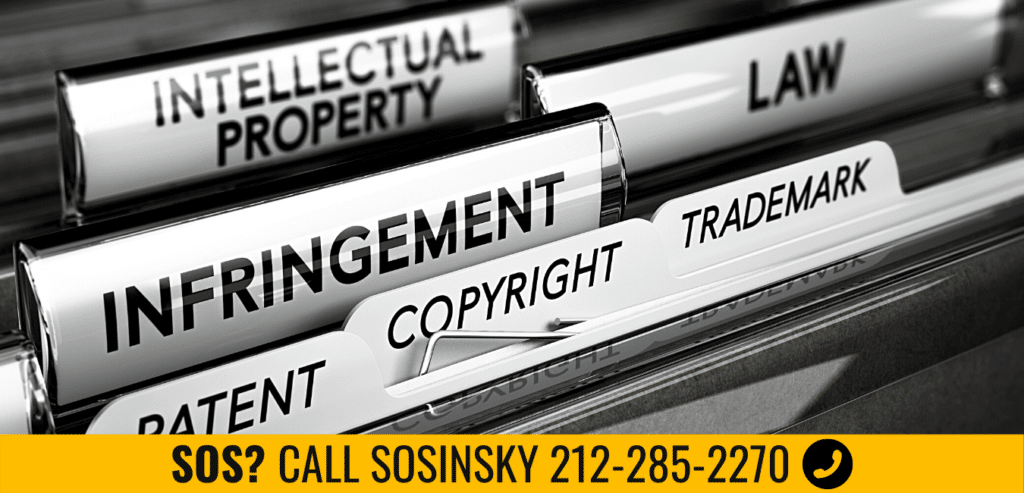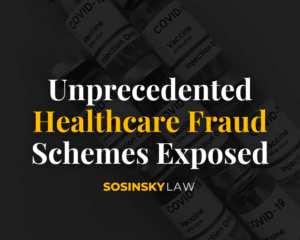NYC Trademark Counterfeiting Lawyer
Trademark Counterfeiting Lawyer in New York
Over the last eighteen years, there has been an exponential growth in the importing of counterfeit merchandise, especially luxury and designer goods, into the United States. According to U.S. Customs and Border Protection and U.S. Immigration and Customs Enforcement, from 2003 through 2018, seizures of items that infringed upon registered trademarks increased more than five-fold while the domestic value of the seized merchandise increased from $94 million in 2003 to $1.4 billion in 2018. With so much lost revenue at stake, it is not surprising that law enforcement has made it a priority to go hard after those who engage in the business of manufacturing, importing, and trafficking counterfeit goods. Year after year, the federal government brings major prosecutions of individuals and companies for conspiring to distribute knock-off luxury items to the public. Whether they be counterfeit Nike sneakers, Louis Vuitton handbags, or Rolex watches, those charged in federal court with the illicit sale of counterfeit designer goods face genuinely severe sentencing prospects if convicted.
If you or a loved one has been arrested and charged with a federal trademark counterfeiting crime, you should speak immediately with a brand-name, federal criminal defense attorney. NYC trademark counterfeiting lawyer Fred Sosinsky has a 30-year track record of representing men and women charged in United States District Courts with smuggling counterfeit goods into the country and trafficking such goods. Fred has been counsel to clients in some of the largest counterfeiting cases ever brought in federal courts with goods claimed to have values in the tens of millions of dollars. He has also assisted those accused of playing far lesser roles in counterfeiting operations such as transporting, storing, and delivering such items. No matter your situation, Fred has decades of experience litigating these cases thoughtfully and aggressively — and arriving at favorable dispositions for his clients.

What is Federal Trademark Counterfeiting?
The Trademark Counterfeiting Act of 1984 makes it a federal offense for a person to intentionally traffic in goods or services which he or she knows use a counterfeit mark on or in connection with such goods and services or to intentionally traffic in labels, patches, emblems, or the like knowing that a counterfeit mark has been applied to such items and that the use of such counterfeit mark is likely to cause confusion, mistake or to deceive to a reasonable consumer.
A counterfeit mark is a “spurious” mark — one which is not genuine or authentic — and which is identical with, or substantially indistinguishable from, a registered trademark.
The term “traffic” includes the making, importing, exporting, control, and possession with the intent to transport, transfer or dispose of, or the transport, transfer, or disposing to another person as consideration for anything of value, of goods.
Only commercial or profit-driven transactions are made criminal. Notably, the purchase of counterfeit goods, even a significant number of such items, is not a federal crime unless there is present an intention to resell some or all of those items.
The statute also makes it a crime to deliberately traffic a drug which knowingly uses a counterfeit mark on or in connection with such drug. The counterfeiting of drugs understandably presents greater concern since it may lead to serious harm to the health of the public. These crimes can be referred to as white-collar crimes and only a dedicated NYC trademark counterfeiting lawyer will have the legal tools and experience necessary to bring a successful outcome.
There are Defenses to Trademark Counterfeiting Charges In New York
There are a number of potential defenses that may be put forth, in any case, charging trademark counterfeiting and other types of forgery charges in New York. The defenses include the following:
First, it may be possible to argue that the accused lacked the knowledge that a shipment or delivery of certain goods contained counterfeit items. Not everyone involved in the manufacture, importation, distribution, and delivery of items that are counterfeit necessarily has knowledge that such goods are not genuine.
Second, there may be legitimate questions raised about whether the goods in question actually infringed upon the trademarked design. There are certain items that may bear some resemblance to protected designs but have enough distinctive characteristics that they cannot fairly be said to be identical or even substantially the same as the protected item. At the very least, under these circumstances, there may be a good faith belief defense and no intent to traffic in counterfeit items.

Sentencing For Trafficking in Counterfeit Goods
In addition to fines, restitution, and forfeiture, a person convicted of trafficking in counterfeit goods faces a maximum sentence of ten years in federal prison for their first offense, twenty for a repeat offender. If the trafficked goods or services, usually a counterfeit drug, recklessly cause serious injury or death, the maximum punishment is increased to twenty years or life imprisonment, respectively.
As is the case with all federal felonies, in deciding upon an appropriate sentence, the court will have to first calculate and consider the applicable advisory sentencing guidelines. For matters involving counterfeiting offenses, the guidelines calculation will largely depend on the “infringement amount” or value of the counterfeit goods. The guidelines set forth principles for determining the infringement amount and generally encourage the use of “retail value” of the genuine items where the counterfeits appear to be identical or substantially the same as the genuine articles. Key here is attempting to persuade the court that the value of the knock-offs rather than the real, brand name luxury goods is the appropriate measure of harm. Also to be considered under the guidelines are such factors as whether the defendant was involved with the manufacture, importing, or uploading of the counterfeit goods, the role played by the defendant, and the degree of harm to the reputation of the owner of the trademark in question.
Once the court has settled upon the suggested sentencing guideline range, the defense counsel will have the opportunity to present all of the information, evidence, and arguments that support a minimal sentence, such as his client’s otherwise exemplary background and history of good deeds and charitable work.
Contact An Experienced NYC Trademark Counterfeiting Lawyer Today
Federal prosecutions for trademark counterfeiting are the real deal. The government will almost always have invested significant resources and energies conducting a criminal investigation. And they will be looking for those accused of this crime to serve significant prison time. If you are under investigation or charged with trademark counterfeiting, give NYC trademark counterfeiting lawyer Fred Sosinsky a call today. Start planning your defense for these counterfeiting charges now.
SOS? CONTACT SOSINSKY
NYC Criminal Defense

Unprecedented Healthcare Fraud Schemes Exposed
Unprecedented Healthcare Fraud Schemes Exposed: A Glimpse into the Recent DOJ Crackdown In a groundbreaking move, the Department of Justice has unveiled criminal charges against
